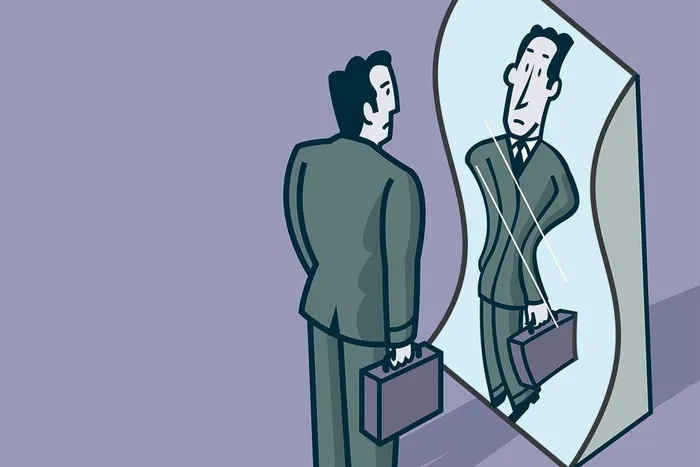Anger palpable as middle class bled dry

The Squeezing of the middle class is driven by stagnant growth, rising costs and institutional failures.
Image: Supplied
A growing sense of unease permeates South Africa's middle class, a demographic increasingly burdened and diminished. This erosion is a multifaceted issue, driven by a convergence of economic pressures and institutional failures.
Stagnant income growth, soaring costs for essential services like electricity and fuel, and the rising cost of living have all contributed to a significant decline in disposable income. The burden of this economic squeeze is exacerbated by the failure of public services, forcing middle-class families to privately fund alternatives for healthcare, security, and education - expenses that once contributed to their upward mobility now serve to merely keep them afloat.
This financial strain is set against a backdrop of jarring revelations regarding the lavish spending of government officials. Reports of R143 000 spent on curtains for a single ministerial home, or R1.4 million on a kitchen, are not mere line items on a budget; they are a galling slap in the face to every hardworking South African. This obscene extravagance, funded by taxpayer money, highlights a profound disconnect between the ruling elite and the people they are meant to serve.
The public is left to grapple with failing infrastructure and relentless cost increases while those in power enjoy a life of unparalleled luxury, insulated from the very crises they have failed to resolve.
The predicament is further compounded by the fact that the middle class is being squeezed to fund the shortfalls of a failing state. As municipalities struggle with mismanagement and corruption, they turn to ratepayers to plug the financial gaps. This results in exorbitant rate hikes and levies, placing an ever-heavier load on a segment of society already on the brink.
This double-edged sword of high taxes and poor service delivery creates a cycle of frustration and disillusionment. The middle class, once the engine of social and economic stability, is now being bled dry - expected to finance a system that offers them dwindling returns. Unless this trend is reversed, the long-term consequences for South Africa's social cohesion and economic future are dire.
The anger is palpable.